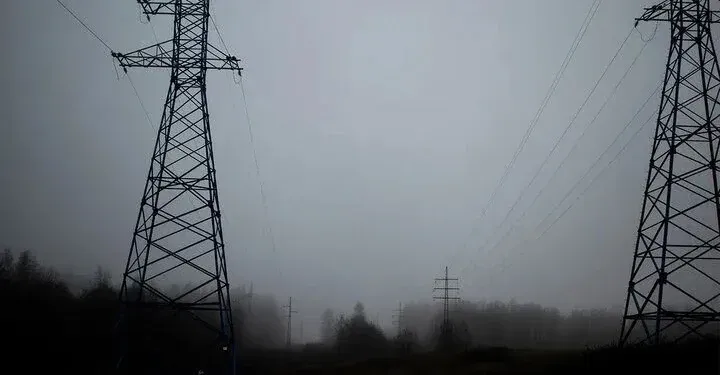A significant power outage swept across Spain and Portugal on Monday, leaving millions of residents without electricity and disrupting key infrastructure. According to reports from domestic media outlets, the blackout began in the late morning hours, impacting a wide range of essential services in both countries.
In Portugal, officials confirmed that the outage was nationwide. Similar widespread disruptions were reported in Spain, where major cities, including Madrid, experienced complete power loss. Early indications suggest that the problem stems from issues within the broader European electric grid. Authorities are investigating the cause, but detailed explanations have yet to be released.
Critical services have been severely affected. Madrid’s Barajas International Airport and Lisbon’s Humberto Delgado Airport were forced to suspend operations temporarily due to the outage, causing major travel disruptions. Passengers were stranded, and flights were delayed or canceled as airport operations ground to a halt.
Telecommunications networks have also been hit hard. Residents across Spain and Portugal reported widespread mobile network failures, with many unable to make calls or access the internet. Landline services and emergency communication systems experienced intermittent failures, further complicating the situation.
In response, national energy agencies and grid operators in both countries have issued statements assuring the public that restoration efforts are underway. However, full service restoration timelines have not yet been confirmed. In Portugal, the energy regulator has launched an inquiry into the outage’s origin, amid concerns over the resilience of the national grid in light of this event.
The outage has reignited debates across Europe regarding the vulnerabilities of interconnected electric grids. As the investigation continues, questions remain about whether rising demand, cyber vulnerabilities, or aging infrastructure played a role.
Spanish and Portuguese governments are coordinating closely with European Union officials to monitor the situation. Both governments have advised citizens to minimize energy usage where possible and remain indoors if affected areas are unsafe.
This blackout comes at a time when the Iberian Peninsula is already grappling with other challenges, including extreme heat waves (climate impacts in Iberia) and ongoing economic recovery efforts.
As of Monday afternoon, some regions began reporting partial restoration of power. Emergency services remain on high alert, and contingency plans have been activated to protect critical infrastructure, including hospitals and public transportation systems.
Further updates will be provided as the situation evolves.







